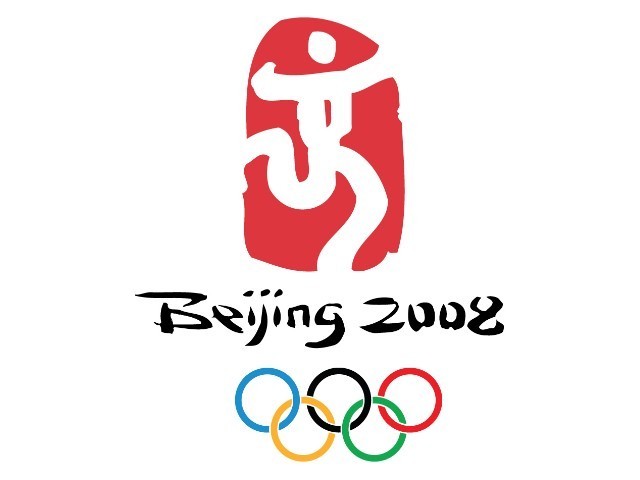BEIJING -- China proved an acquisitive first-time Olympic host, topping the gold-medal chart with one of the most dominating and diverse performances ever. The United States, Britain and an array of small nations also had reasons to celebrate.
China's haul of 51 gold medals was the largest since the Soviet Union won 55 in Seoul in 1988. Fielding athletes groomed since childhood in sports academies, it won medals in 25 different sports, including its first ever in sailing, beach volleyball and field hockey.
Not since 1936, when Nazi Germany prevailed at the Berlin Olympics, had a country other than the U.S. or the Soviet Union/Russia led the gold medal list.
The United States trailed well behind the Chinese in golds with 36, the first time since 1992 it didn't lead the category. But the Americans did break their own mark for total medals in a non-boycotted Olympics; they won 110 in all, two more than their previous high set in 1992 and 10 ahead of China's overall tally this year.
Britain, getting an early jump on its host role for the 2012 Summer Games, had its best Olympics in a century with 19 gold medals - good for fourth place behind the Russians. Its cyclists and sailors were the class of the field, and 19-year-old Rebecca Adlington stunned the swimming world with two golds in distance events.
It was also a satisfying Olympics for many of the world's weaker sporting nations. A record 87 nations won medals, seven more than the previous high in Sydney in 2000, and a dozen nations won either their first-ever gold medal or first medal of any color.
If there was a prominent loser at the games, it was Russia, whose team was deprived of 10 athletes due to doping accusations. The Russians finished a distant third in both gold medals, with 23, and overall medals with 72 - down from 27 and 92 four years ago in Athens. Germany and Japan also fared noticeably worse than in Athens.
The United States was disappointed by its boxing team (one bronze medal) and a lack of golds by its sprinters, but was delighted by breakthroughs in lesser sports such as fencing, as well as by the historic eight golds for record-smashing swimmer Michael Phelps.
"Both on the field of play and off, this will go down as one of the greatest performances ever for a United States Olympic Team," spokesman Darryl Seibel said Sunday.
Overshadowing the entire U.S. effort, however, was a recognition of China's arrival as the dominant Summer Olympics power.
"China has been systematically targeting every single available medal, and we're going to have to do that in the future," said U.S. Olympic Committee chairman Peter Ueberroth.
"The resources that they put toward their Olympic team and the population base and the dedication is fantastic," he said. "It's much more difficult for the rest of the world to compete, but that's the way it should be."
China, of course, has the largest population pool - 1.3 billion people - from which to recruit athletes. Several far smaller nations distinguished themselves in medals per capita.
Jamaica's sprinters and hurdlers - led by triple-gold sensation Usain Bolt - won 11 medals, one for every 245,000 of its 2.7 million people. With a population of 21.4 million, Australia won 46 medals, one for each 465,000 people. Cuba won 24 medals, one for each 470,000 of its 11.3 million citizens.
Populous countries with no medals included Pakistan, the Philippines and Bangladesh.
Kenya, despite election-related unrest which killed hundreds and disrupted its preparations, had a great games with five golds and 14 medals overall. Ethiopian runners Kenenisa Bekele and Tirunesh Dibaba each won rare double golds in the 5,000 and 10,000.
Overall, Africa won 40 medals - the most ever. Those included the first-ever Olympic medals for Togo in canoeing, Mauritius in boxing, and Sudan in the 800 meters. Also winning first-ever medals were Tajikstan, Bahrain (a gold by Rachid Ramzi in the men's 1,500), and war-torn Afghanistan.
Two other athletes, in addition to Ramzi, won their countries' first gold medals - Panamanian long jumper Irving Saladino and Mongolian judoka Naidangiin Tuvshinbayar.
Tuvshinbayar's medal triggered raucous celebrations in Mongolia's capital, Ulan Bator, and a presidential decree declared him a "hero of Labor."
There were other breakthroughs - Tunisia and South Korea won golds in swimming for the first time; long jumper Maurren Higa Maggi became the first Brazilian women to win a gold in track.
Wednesday
September 3rd, 2025
10:15AM









